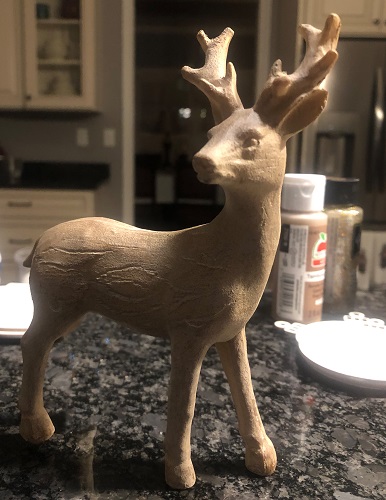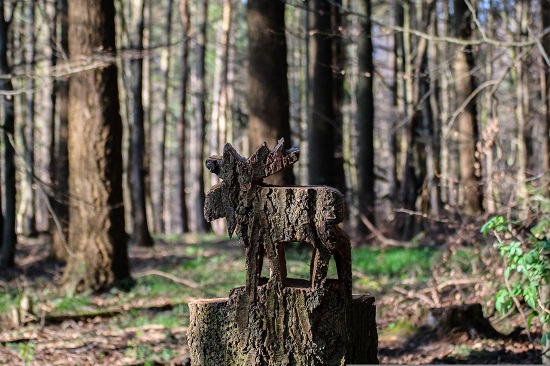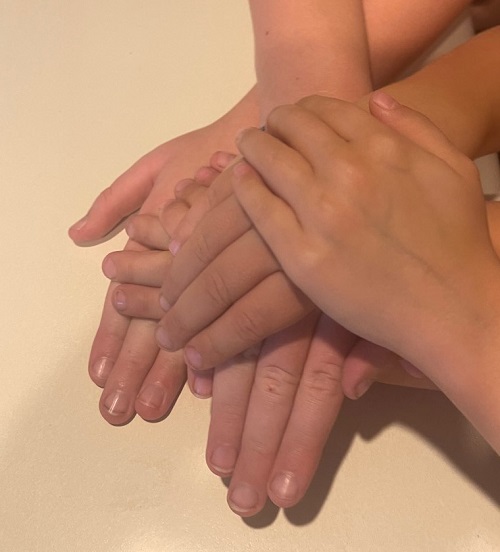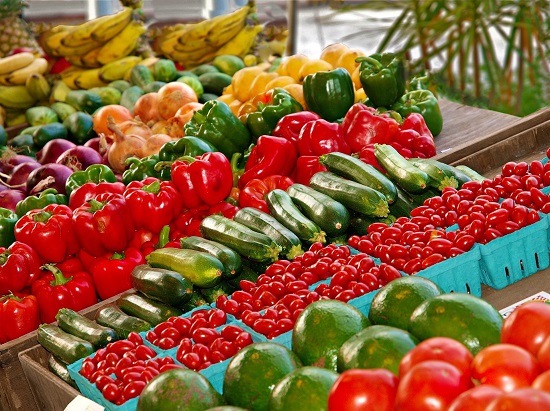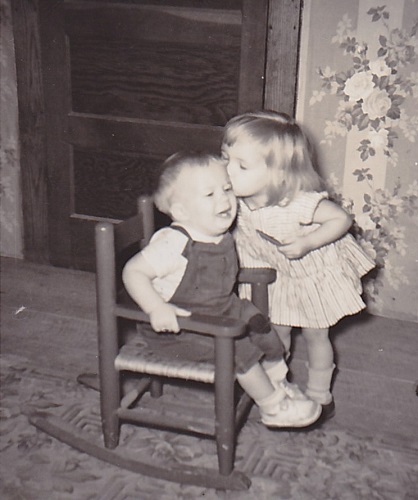Herding Cats
 Juggling several responsibilities feels like herding cats. Difficult at its best, it becomes impossible at its worst. That truth holds, whether we:
Juggling several responsibilities feels like herding cats. Difficult at its best, it becomes impossible at its worst. That truth holds, whether we:
- Teach an unruly class
- Work on multiple assignments
We find ourselves spread too thin.
Herding cats usually refers to an unmanageable group of people.
Trying to organize them becomes a nightmare. Think about:
- Planning a wedding with people from several states
- Getting a perfect picture of all those people
A few years ago, a commercial based on this expression became wildly popular. It compared the ease of herding cattle to the difficulty of herding cats.
Caring for small children frequently feels like herding cats.
Ask day care workers or preschool teachers. They organize school plays or end-of-year programs. Yet, children have others interests and ignore most directions.
Our most difficult work often becomes our most rewarding.
We make a greater difference than we realize.
- Seemingly minor moments leave lasting impressions.
- People hear and recall when we wonder if anyone heard or learned anything.
Keep working. Keep changing lives. Keep herding those cats.
“Start children off on the way they should go, and even when they are old they will not turn from it” (Proverbs 22:6 NIV).
Thanks to Darrin Jenkins for the suggestion. Image by Jan Mallander from Pixabay.
Do you have an expression you want explained or a thought about this one? If so, please comment below.
Subscribe to receive my weekly posts by email and receive a free copy of “Words of Hope for Days that Hurt.”
If you enjoyed this post, please share it with your friends.
